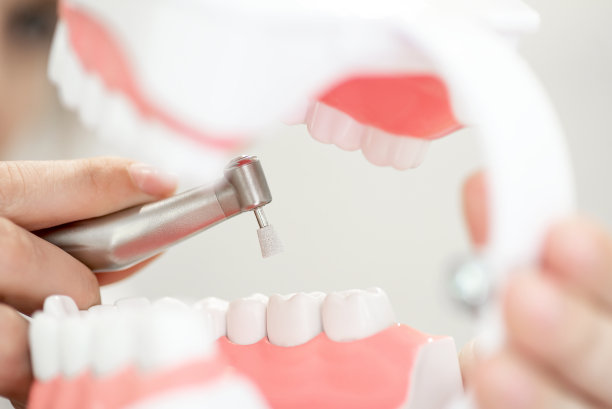Preventing Periodontal Disease A Comprehensive Guide to Oral Health
Summary: Preventing Periodontal Disease: A Comprehensive Guide to Oral Health In this comprehensive guide to oral health, we delve into the importance of preventing periodontal disease and maintaining optimal oral hygiene practices. By exploring key aspects such as proper oral hygiene routines, the role of nutrition in dental health, the significance of regular dental check-ups, and the impact of lifestyle choices on periodontal health, this article aims to provide valuable insights for promoting healthy gums and teeth.
1. Proper Oral Hygiene Routines

Establishing a consistent oral hygiene routine is fundamental in preventing periodontal disease. Brushing teeth at least twice a day with fluoride toothpaste, flossing daily, and using mouthwash can effectively remove plaque and bacteria that cause gum inflammation and decay.
Furthermore, incorporating proper brushing techniques, such as using gentle circular motions and reaching all areas of the mouth, is essential for thorough cleaning and preventing plaque buildup.
Regular dental cleanings and professional dental exams are also crucial components of maintaining good oral hygiene, as they help detect early signs of gum disease and provide preventative care.
2. Role of Nutrition in Dental Health
The role of nutrition in dental health is significant, as a well-balanced diet plays a vital role in supporting overall oral health. Consuming foods rich in calcium, vitamin C, and vegetables can strengthen teeth and gums, while limiting sugary and acidic foods can reduce the risk of tooth decay.
Drinking plenty of water and avoiding tobacco products can also contribute to better oral health by promoting saliva production and reducing the likelihood of gum inflammation.
Educating oneself on nutritional choices that benefit oral health and making conscious dietary decisions can positively impact gum health and prevent periodontal disease.
3. Significance of Regular Dental Check-Ups
Scheduling regular dental check-ups is essential for monitoring oral health and preventing periodontal disease. Dentists can conduct thorough examinations, cleanings, and screenings to identify early signs of gum disease and provide necessary treatments.
Early detection of issues such as gum inflammation, gingivitis, or periodontitis can prevent further progression of periodontal disease and maintain the health of gums and teeth.
Regular dental visits also allow for personalized oral health recommendations and interventions tailored to individual needs, ensuring optimal dental care and disease prevention.
4. Impact of Lifestyle Choices on Periodontal Health
Lifestyle choices, such as smoking, poor diet, and stress, can significantly impact periodontal health and increase the risk of developing gum disease. Smoking, in particular, can weaken the immune system and hinder blood flow to the gums, making them more susceptible to infection and decay.
Practicing stress management techniques, adopting healthy eating habits, and refraining from harmful habits like smoking can positively influence gum health and reduce the likelihood of periodontal disease.
By prioritizing healthy lifestyle choices and being mindful of their impact on oral health, individuals can take proactive steps towards preventing periodontal disease and maintaining a healthy smile.
Summary:
Preventing periodontal disease is crucial for maintaining optimal oral health and preventing gum-related issues. By following proper oral hygiene routines, focusing on nutrition, attending regular dental check-ups, and making positive lifestyle choices, individuals can safeguard their gums and teeth from periodontal disease. Promoting good oral health practices and seeking professional dental care are essential steps in achieving a healthy smile and preventing dental problems in the long run.
This article is compiled by Vickong Dental and the content is for reference only


